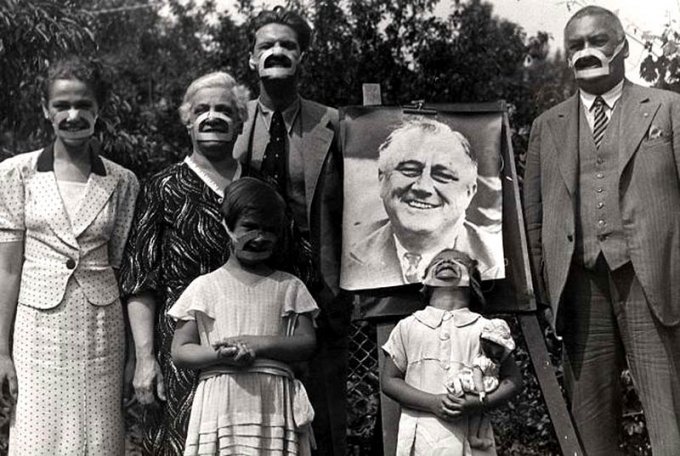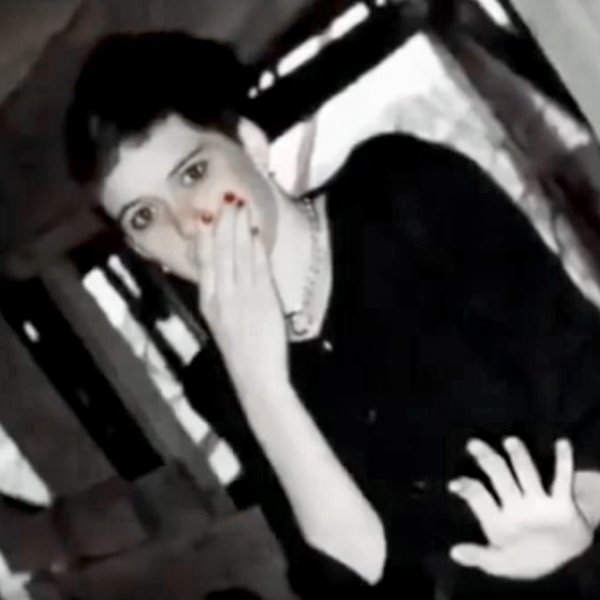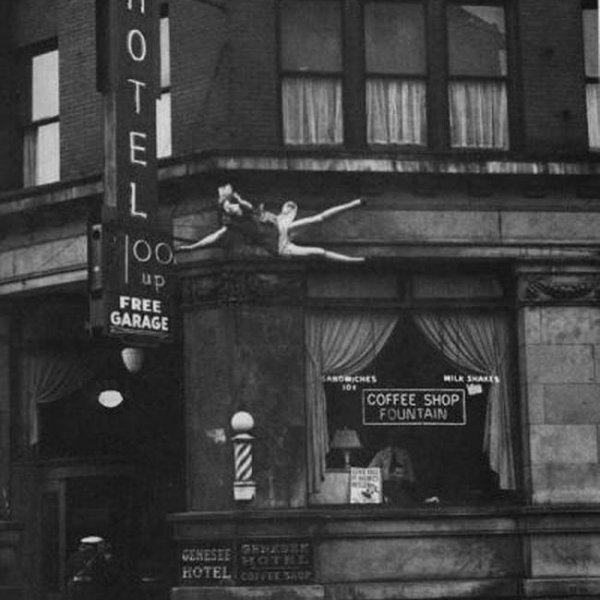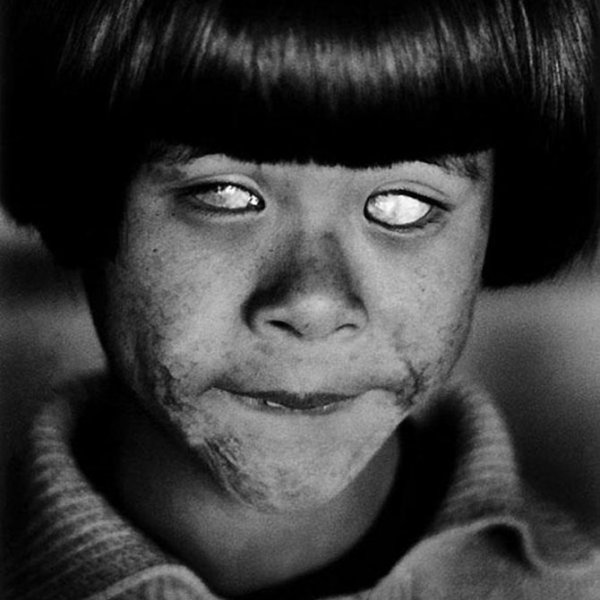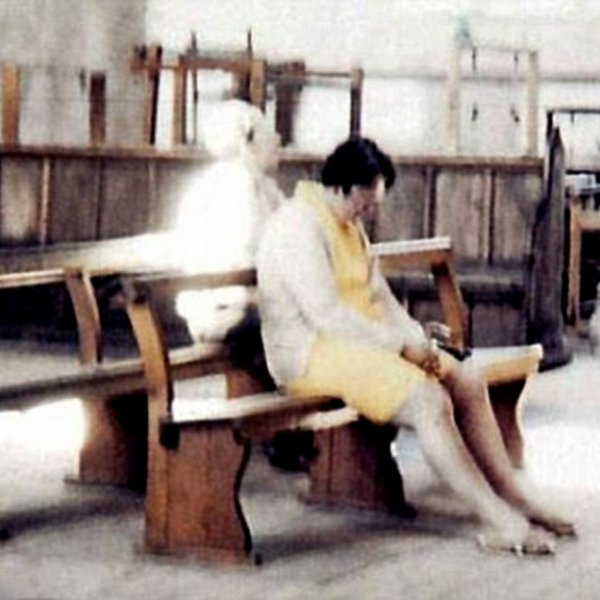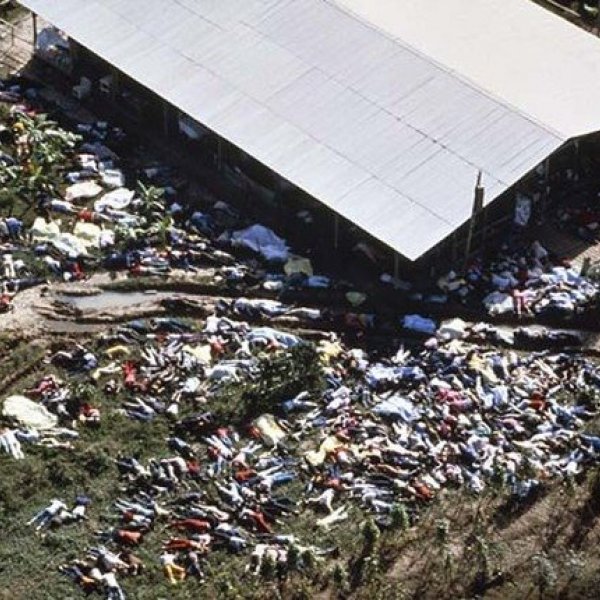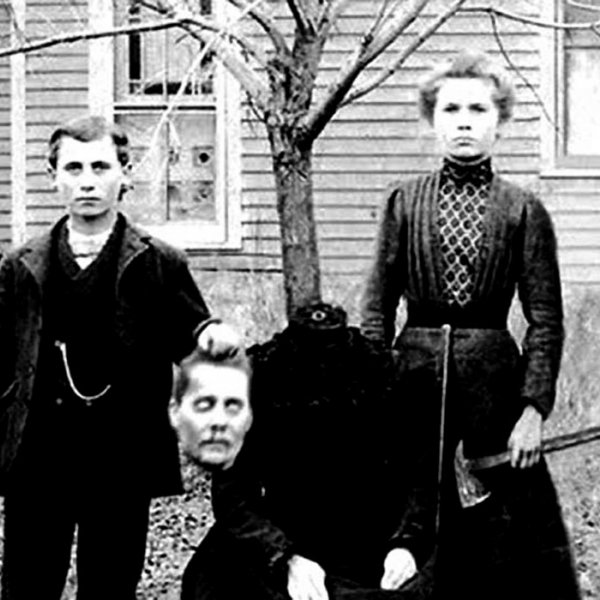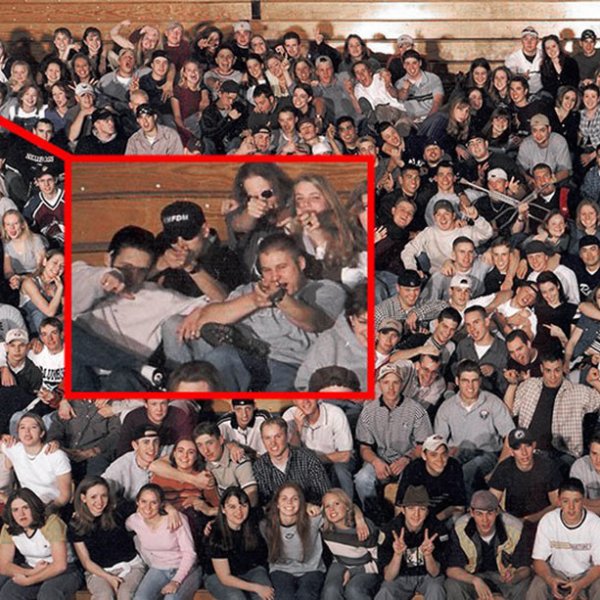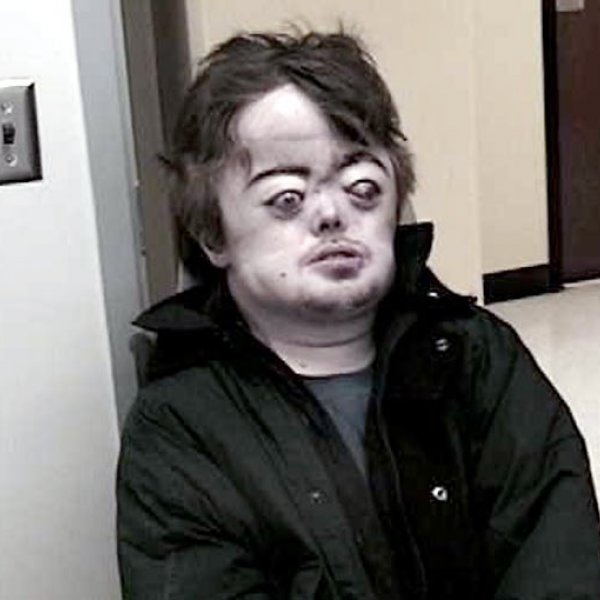Budapest Town of Suicides, The Smile Club
A tragic suicide epidemic gripped Budapest, Hungary in the wake of World War I — and some believed it was all caused by a popular song. Even weirder than this idea, though, was how the city tried to combat the suicide problem with a "Smile Club."
On 17th October, 1937, the Sunday Times Perth explained the Budapest suicide problem:
Although a magnet for tourists from all over the world, Budapest has for several years been known to its own people as The City of Suicides. Budapest suffered badly after the war and has received unpleasant publicity from the number of cases of self-destruction occurring every year within its boundaries. Some of them are alleged to have been inspired by the Budapest song, "Gloomy Sunday", but be that as it may, the suicide rate in Budapest is definitely high. The favorite method adopted by most Budapest melancholics in drowning, and patrol boats are stationed along the boundary near the bridges to rescue citizens who seek consolation in the dark waters of the Danube.
The paper added that people in Budapest were combatting the problem by learning to smile better:
Now, however, a "Smile Club" has been inaugurated to counteract the suicide craze it was originally begun more as a joke by Professor Jeno and a hypnotist named Binczo, but somehow it caught on. The organisers have now a regular school and guarantee to teach the Roosevelt smile, the Mona Liza smile, the Clark Gable smile, the Dick Powell smile, the Loretta Young Smile, and various other types, the rates varying according to the difficulties encountered.
Jeno says the methods employed at his school, aided by better business conditions in Budapest are making smiling popular and before long it is hoped that the name of Budapest will be changed to the City of Smiles.
The song Gloomy Sunday (also known as the Hungarian Suicide Song), mentioned above, was composed by Rezső Seress and published in 1933. It became well-known after Billie Holiday covered it eight years later.
There have been several urban legends regarding Gloomy Sunday, because the number of Hungarian suicides peaked in the 1930s and press reports linked them to the song. There were also stories about radio networks banning the song, but only BBC did it with the Billie Holiday version in 1941, which was "detrimental to wartime morale." Here is the original version:
The following photos of the Smile Club efforts were published in a Dutch illustrated magazine Het Leven, in 1937. The whole thing looks terrifying — especially the strange medical tape that people used to create their smiles.

